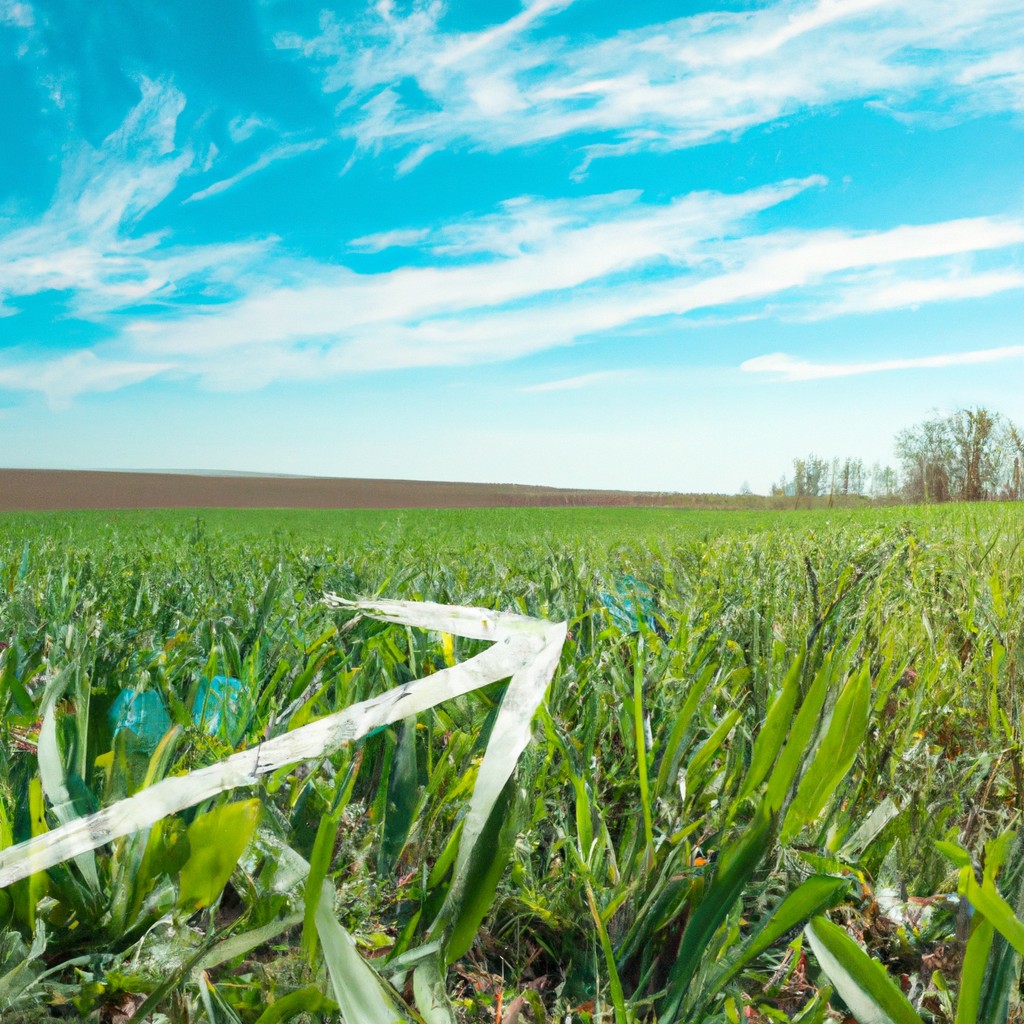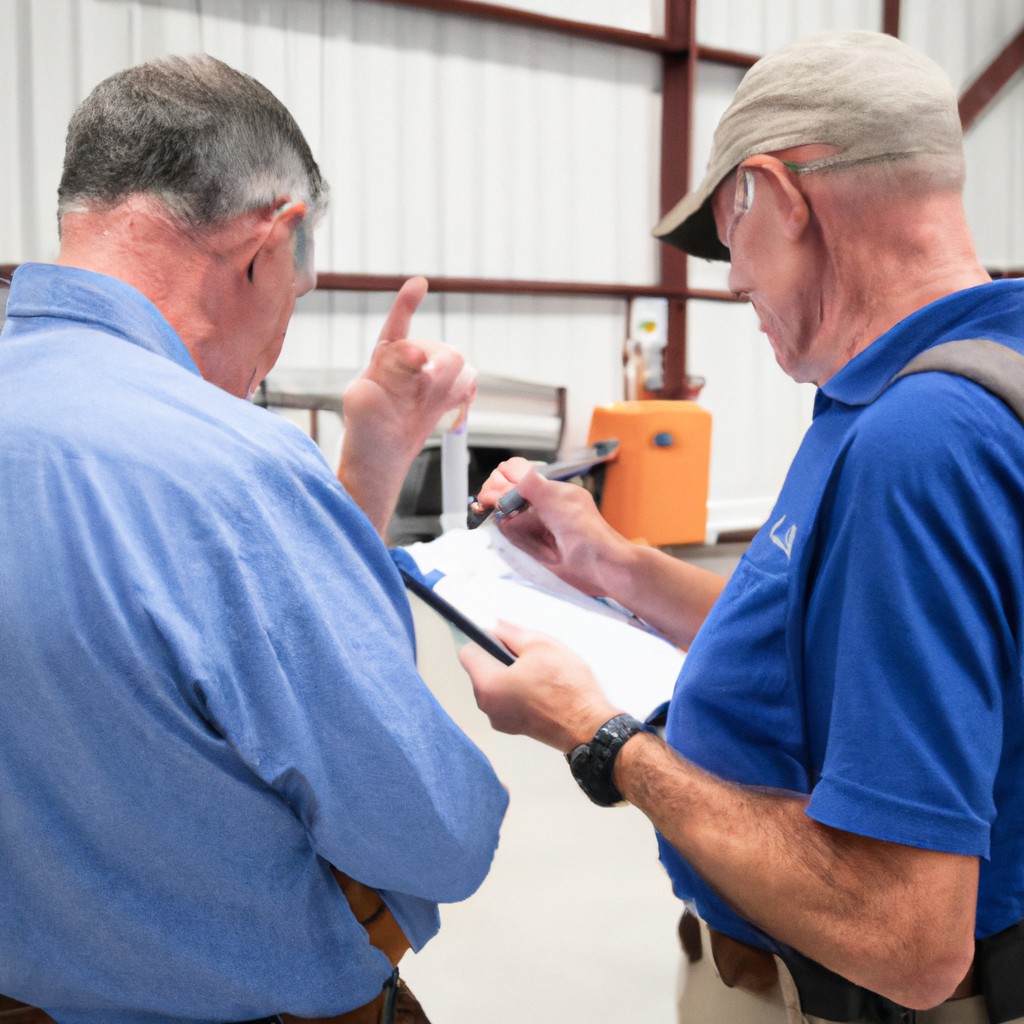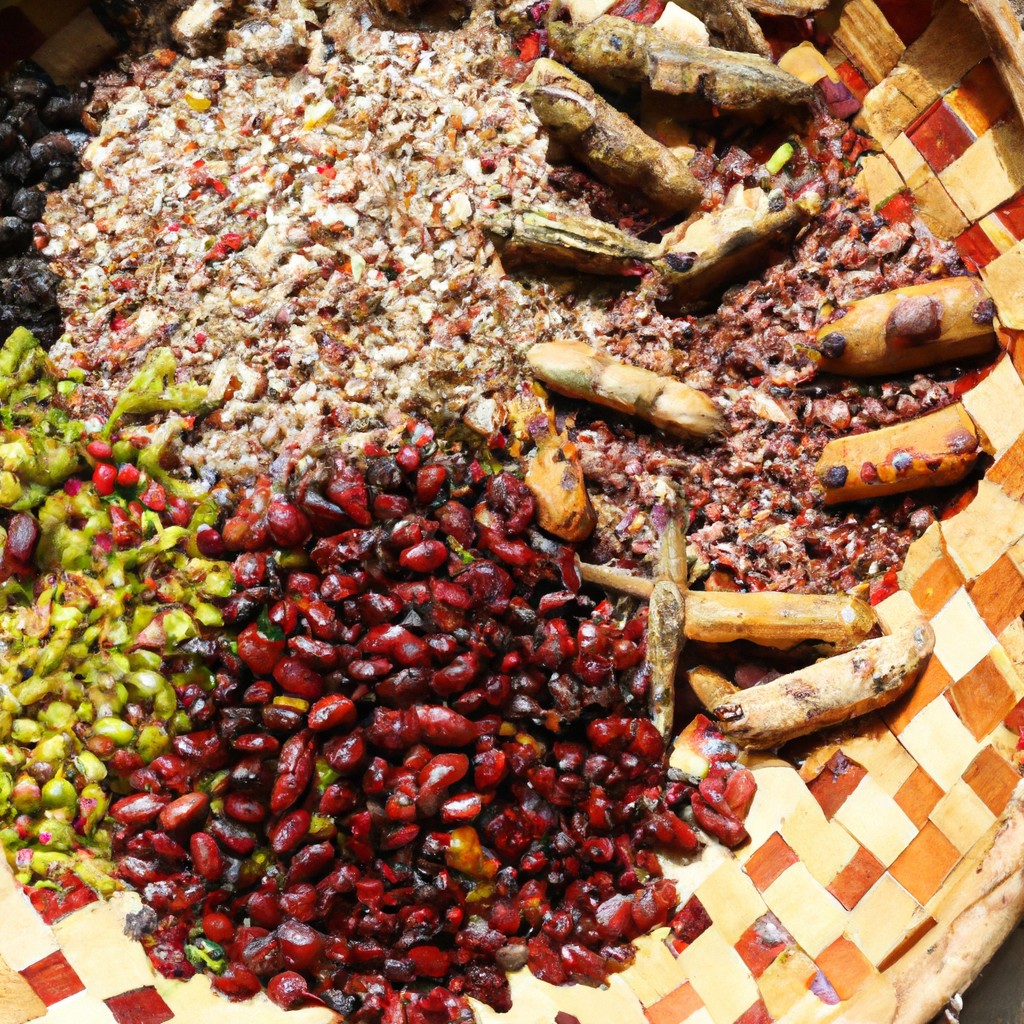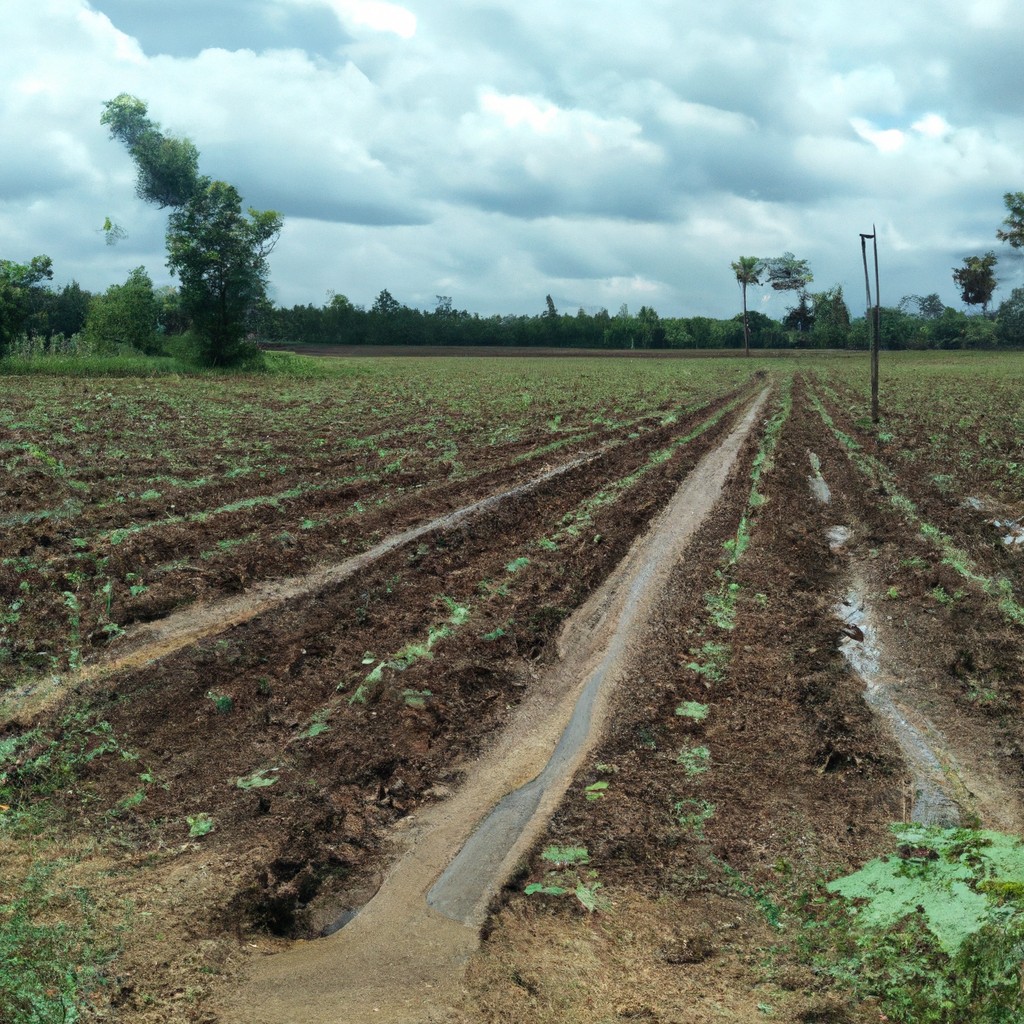Discover how online agriculture courses can equip you with the skills and knowledge to thrive in sustainable farming practices.
Look Inside:
Choosing a Course

Start by identifying your goals. Are you looking into hobby farming, or aiming for a career in agricultural science? The scope and depth of online courses vary, so aligning the course’s content with your aspirations is key.
Next, consider the course’s format. Do you prefer self-paced study or structured classes? Some courses offer direct interaction with instructors and fellow students, which can be beneficial for networking and deeper understanding.
Review the credentials offered. Does the course provide professional certification or college credit that could help you advance in your career or educational journey? Certificates from reputable institutions can significantly add value to your resume.
Lastly, read through the reviews and feedback from past students. They can provide insights about the course’s effectiveness, the quality of teaching, and the practical knowledge gained.
Sustainable Agricultural Land Management
Sustainable agricultural land management focuses on optimizing the use of natural resources to secure long-term productivity and environmental health. Here’s a breakdown of its core concepts:
– **Soil Conservation**: Techniques such as cover cropping, reduced tillage, and crop rotation prevent erosion, enhance soil fertility, and reduce dependency on chemical fertilizers.
– **Water Management**: Efficient irrigation methods and water harvesting strategies ensure that crops receive adequate moisture without wasting water.
– **Integrated Pest Management (IPM)**: This approach uses ecological processes and biological controls to manage pests, reducing the reliance on chemical pesticides.
– **Agroforestry**: Incorporating trees into agricultural landscapes can improve biodiversity, reduce erosion, and increase carbon sequestration, aiding in climate change mitigation.
Each practice plays a crucial role in creating a resilient farming system that supports both crop production and ecosystem services.
Agriculture, Economics and Nature
Understanding the interplay between agriculture, economics, and nature is crucial for anyone looking to make informed decisions in the farming sector. This component of your online course will cover key concepts including the economic principles that impact agricultural productivity and sustainability. You’ll delve into how market forces influence farming practices and the importance of natural resources in agricultural output.
Exploring the economic side, you’ll find out how pricing, supply, and demand affect what farmers grow and the techniques they use. On the environmental front, the course emphasizes the value of ecosystems, discussing how sustainable practices can lead to healthier soil, better water management, and increased biodiversity, all of which contribute to the economic viability of farms.
By coupling economic theory with ecological awareness, this course aims to equip you with the knowledge to promote and implement farming approaches that are financially sound and environmentally responsible.
Supply Chain of Agriculture
Online courses on agricultural supply chains provide vital insights into the journey from farm to table. They explore the many steps involved in moving agricultural products from producers to consumers. This includes cultivation, harvesting, processing, packaging, distribution, and retail.
Understanding this chain is crucial for anyone looking to enhance efficiency and sustainability in food production. Students learn about the roles of different stakeholders including farmers, wholesalers, retailers, and logistics providers.
Courses also often cover the impact of technologies such as blockchain and IoT (Internet of Things) in tracking and improving the transparency of these processes. This knowledge is essential in today’s market where consumers demand more information about the origin and handling of their food.
Online Agriculture Degrees
For those aiming to delve deeply into the field, pursuing an online degree in agriculture presents a comprehensive educational journey. These programs often cover a broad range of topics from crop science and animal husbandry to agricultural marketing and farm management.
Key elements of these degrees include flexibility in scheduling, allowing students to combine studies with work or other commitments. Interactive modules enhance learning, utilized through virtual labs, forums, and video materials, fostering a dynamic learning environment.
Moreover, online degrees frequently connect students with a global network of agriculture professionals, which can be instrumental in developing a career post-graduation. This global perspective empowers students to grasp agricultural issues on an international scale, paving the way for innovative solutions and sustainable practices.
Lastly, many reputable universities now offer online agriculture degrees accredited by major educational bodies, ensuring that your qualifications are recognized and respected worldwide.




